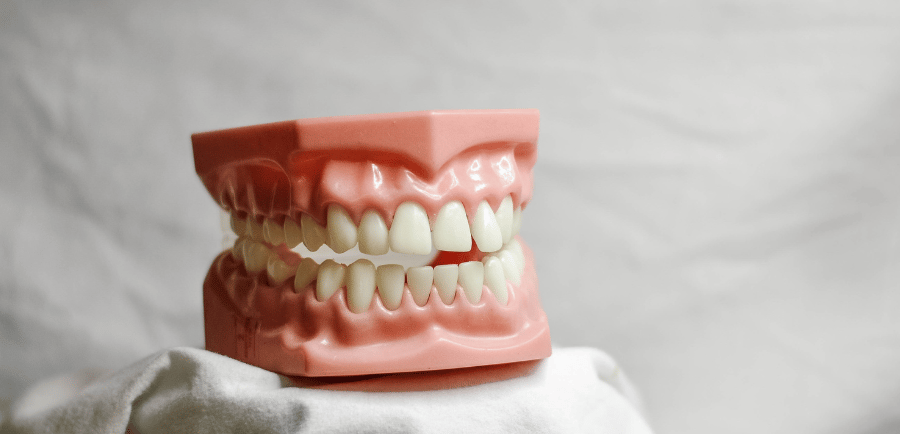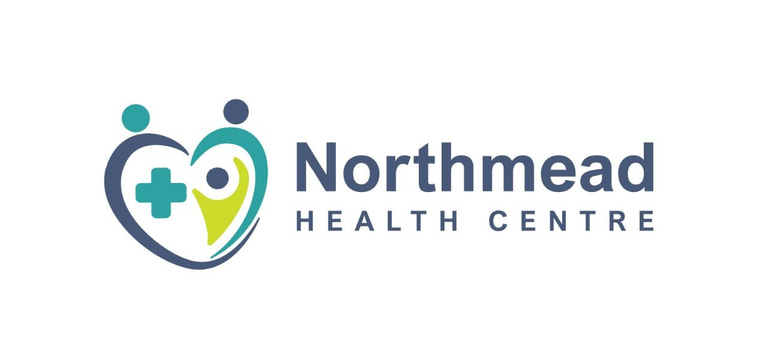The Overlooked Link Between Oral Health and Overall Well-Being
When thinking about health, most people focus on diet, exercise, and mental well-being, often neglecting a key factor
3/24/20252 min read


When thinking about health, most people focus on diet, exercise, and mental well-being, often neglecting a key factor: oral health. However, your mouth serves as a mirror to your overall health. The condition of your teeth and gums can significantly impact various aspects of your body, from heart health to immune function. In this blog, we’ll dive into the powerful connection between oral health and overall well-being—and why caring for your smile goes beyond just fresh breath and white teeth.
The Mouth-Body Connection: How Your Oral Health Affects Your Health
Your mouth is home to millions of bacteria, some beneficial and others harmful. Good oral hygiene keeps these bacteria in balance, but neglecting oral care can lead to the overgrowth of harmful bacteria, increasing the risk of gum disease, tooth decay, and even broader health concerns. Here’s how oral health influences your body:
1. Heart Health
Studies suggest a strong link between gum disease (periodontitis) and heart disease. Inflammation from gum disease may contribute to plaque buildup in the arteries, heightening the risk of heart disease and stroke. While research is ongoing, one thing is clear: a healthy mouth supports a healthy heart.
2. Diabetes
Oral health and diabetes are closely connected. Individuals with diabetes are more prone to gum disease due to a weakened ability to fight infections. On the other hand, severe gum disease can make blood sugar levels harder to control, worsening diabetes symptoms. Maintaining good oral hygiene is essential for diabetes management.
3. Respiratory Health
Poor oral hygiene can lead to harmful bacteria entering the lungs, increasing the risk of respiratory infections, pneumonia, and chronic obstructive pulmonary disease (COPD). A clean mouth helps protect your respiratory system.
4. Pregnancy and Oral Health
Gum disease during pregnancy has been linked to complications such as preterm birth and low birth weight. Hormonal changes make gums more susceptible to inflammation, making oral care essential for expectant mothers.
5. Immune System and Inflammation
Chronic inflammation from gum disease can weaken the immune system, making it harder for the body to fight infections and heal properly. Addressing oral health issues can support overall immune function.
How to Protect Your Oral and Overall Health
The good news? Keeping your mouth healthy is simple and has far-reaching benefits for your well-being. Here’s how:
Brush and Floss Daily – Brush twice a day with fluoride toothpaste and floss daily to prevent plaque buildup and gum disease.
Visit Your Dentist Regularly – Routine dental checkups and cleanings help catch problems early and keep your mouth in top shape.
Maintain a Healthy Diet – Eating a balanced diet rich in fruits, vegetables, lean proteins, and whole grains supports both oral and overall health. Limit sugary foods and drinks.
Stay Hydrated – Water helps flush out bacteria and food particles, reducing the risk of cavities and gum disease.
Avoid Tobacco – Smoking and tobacco use increase the risk of gum disease, oral cancer, and other health problems. Quitting is one of the best things you can do for your health.
Manage Stress – Stress can contribute to teeth grinding (bruxism) and neglecting oral hygiene. Try relaxation techniques such as meditation and exercise.
Final Thoughts: A Healthy Mouth, A Healthier You
Oral health is more than just maintaining a bright smile—it’s a vital component of your overall well-being. By taking care of your teeth and gums, you’re also protecting your heart, lungs, immune system, and more. So, the next time you brush your teeth, remember: you’re not just freshening your breath; you’re investing in a healthier future.

